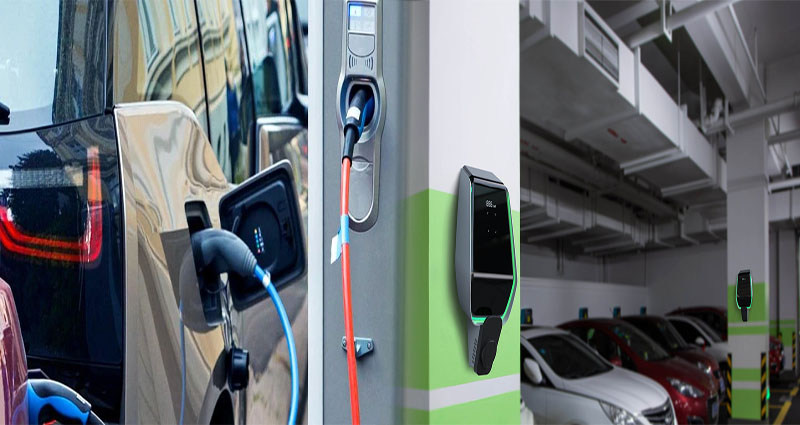As the demand for electric vehicles (EVs) continues to surge worldwide, the need for a robust and efficient charging infrastructure has never been more critical. In response to this growing market, significant advancements in EV charging technology and infrastructure are emerging, revolutionizing the way we power our electric cars. Let’s delve into the latest developments in EV charging infrastructure and explore how these advancements are shaping the future of electric mobility.
Rapid Charging Solutions
One of the most significant advancements in EV charging infrastructure is the widespread adoption of rapid charging solutions that enable faster and more convenient charging for electric vehicles. High-power charging stations, such as those utilizing DC fast charging technology, can provide a substantial boost to an EV’s battery capacity in a matter of minutes, significantly reducing charging times and enhancing the practicality of electric mobility. These rapid charging solutions are crucial in enabling long-distance travel and addressing range anxiety among EV drivers.
Wireless Charging Technology
Wireless charging technology, also known as inductive charging, is another innovative advancement in EV charging infrastructure that is gaining traction in the market. This technology enables EVs to charge without the need for physical cables, using electromagnetic fields to transfer energy from a charging pad to the vehicle’s receiver. Wireless charging offers greater convenience and ease of use for EV owners, eliminating the hassle of plugging and unplugging cables while also reducing wear and tear on charging connectors.
Smart Charging Networks
The implementation of smart charging networks represents a significant advancement in EV charging infrastructure, enabling dynamic and intelligent control of charging processes based on factors such as energy demand, grid capacity, and renewable energy generation. Smart charging solutions leverage connectivity and data analytics to optimize charging schedules, maximize grid efficiency, and reduce operational costs. By integrating smart charging capabilities into EV infrastructure, cities and businesses can achieve more sustainable and responsive energy management systems.
Integrated Charging Solutions
Another key trend in emerging EV charging infrastructure is the development of integrated charging solutions that combine charging stations with energy storage systems, solar panels, and vehicle-to-grid (V2G) technology. These integrated solutions offer a holistic approach to energy management, enabling EV charging stations to store excess energy, utilize renewable sources for charging, and participate in grid balancing services through V2G capabilities. By leveraging these integrated solutions, EV charging infrastructure becomes more resilient, sustainable, and adaptable to future energy needs.
The advancements in emerging electric vehicle charging infrastructure are paving the way for a more efficient, convenient, and sustainable future of transportation. From rapid charging solutions to wireless technology, smart networks, and integrated solutions, the evolution of EV infrastructure is reshaping the landscape of electric mobility and accelerating the transition towards a cleaner and greener transportation system. By embracing these innovative technologies and investing in the development of advanced charging infrastructure, stakeholders can unlock the full potential of electric vehicles and create a more sustainable and resilient energy ecosystem for the future.










